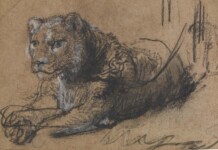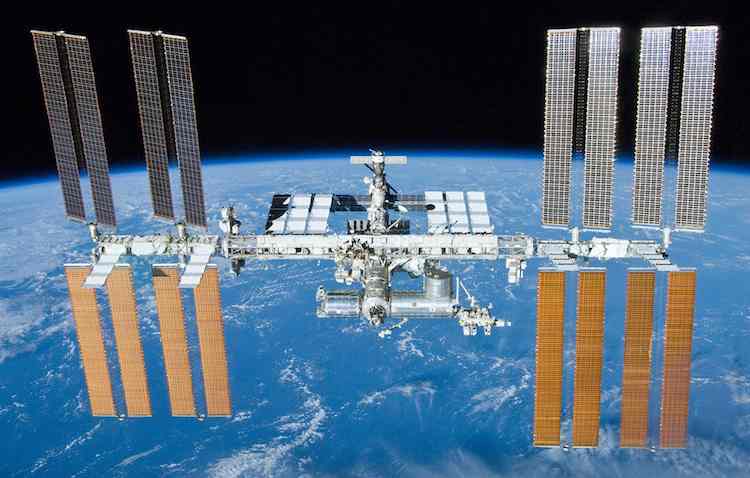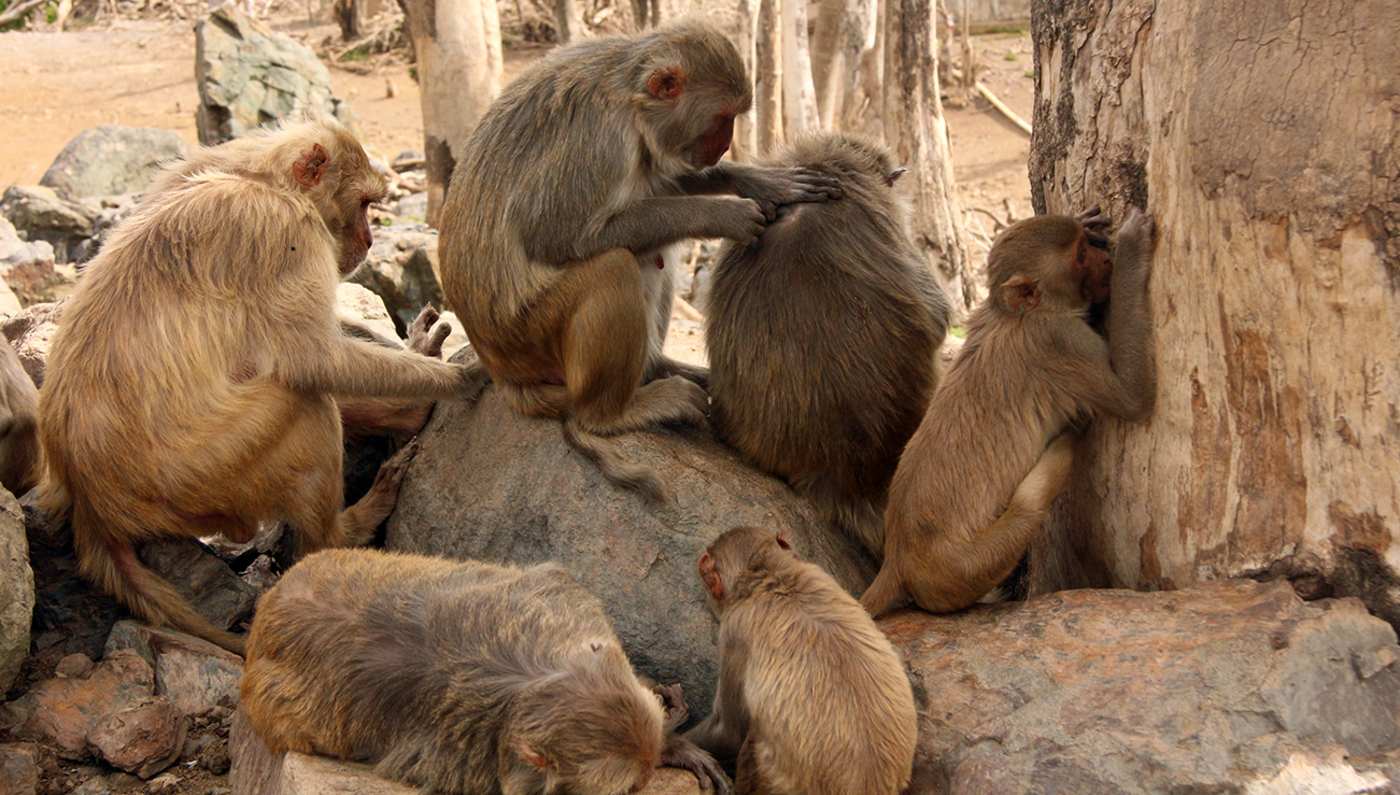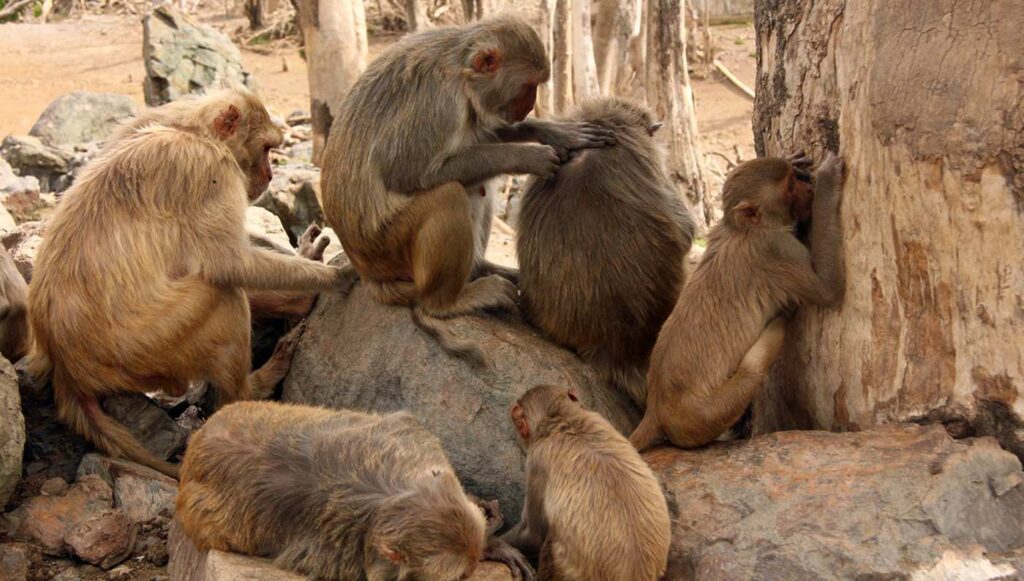
An interesting new study seems to indicate that monkeys increase the size of their social circles during times of strife or resource scarcity.
Researchers observed Puerto Rico’s rhesus macaque populations on Cayo Santiago in the aftermath of 2017’s Hurricane Maria, and observed each individual increase the amount of grooming activities, as well as the number of other monkeys groomed, following the disaster.
By the numbers, there was a greater than 50% increased chance that the monkeys would be seen grooming after the hurricane when compared to before, and they were four times more likely to be sitting close to another monkey.
Rhesus macaques are more closely related to humans than other monkeys, and the results speak a little about how humans band together during disasters.
Destroying 63% of the island’s green vegetation, Hurricane Maria took apart the infrastructure of normally deeply protective and competitive primate habitat.
Resources that were once plentiful enough to be guarded by small troupes of monkeys were now rare, and instead of transforming into the monkey-version of the Mad Max: Road Warrior wasteland, groups expanded their social circles.
The increase in social connections was measured by the monkey’s grooming habits, as well as sitting down within two meters of each other—metrics which could be compared with friends having lunch or a coffee, explains the study’s lead author. The most common bridge into other groups was friends of friends.
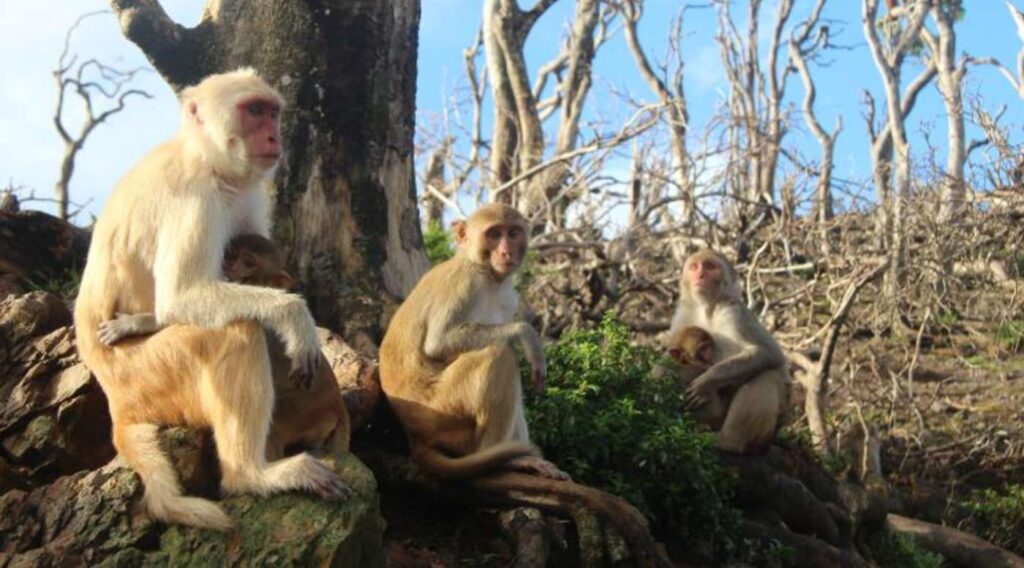
The results fit squarely within the “Social Buffering” hypothesis that says social animals will surround themselves with more members of their species during or after difficult times. This was true for extroverted macaques, but even more so for introverted, isolated ones, who increased their social bonding much more than the extroverts.
MORE: Baboon, Bear, or Bison: Find Out Which Animal Personality Best Matches Yours in a Free Fun Quiz
They also found that there was no additional effort to strengthen bonds between kin, or with the most powerful individuals in the group, only efforts to increase the size of each monkey’s social network.
The researchers postulate that the nature and specifics of the findings suggest that by expanding their social network, they are potentially getting access to resources known or controlled by another monkey, and the more monkeys, the more resources.
RELATED: Performing Acts of Kindness Can Boost Both Physical Health and Happiness Levels, Study Finds
It’s a hopeful image—monkeys banding together in times of crisis, something we should think about the next time a crisis buffets our shores.
SHARE This Story With Your Tribe on Social Media…




